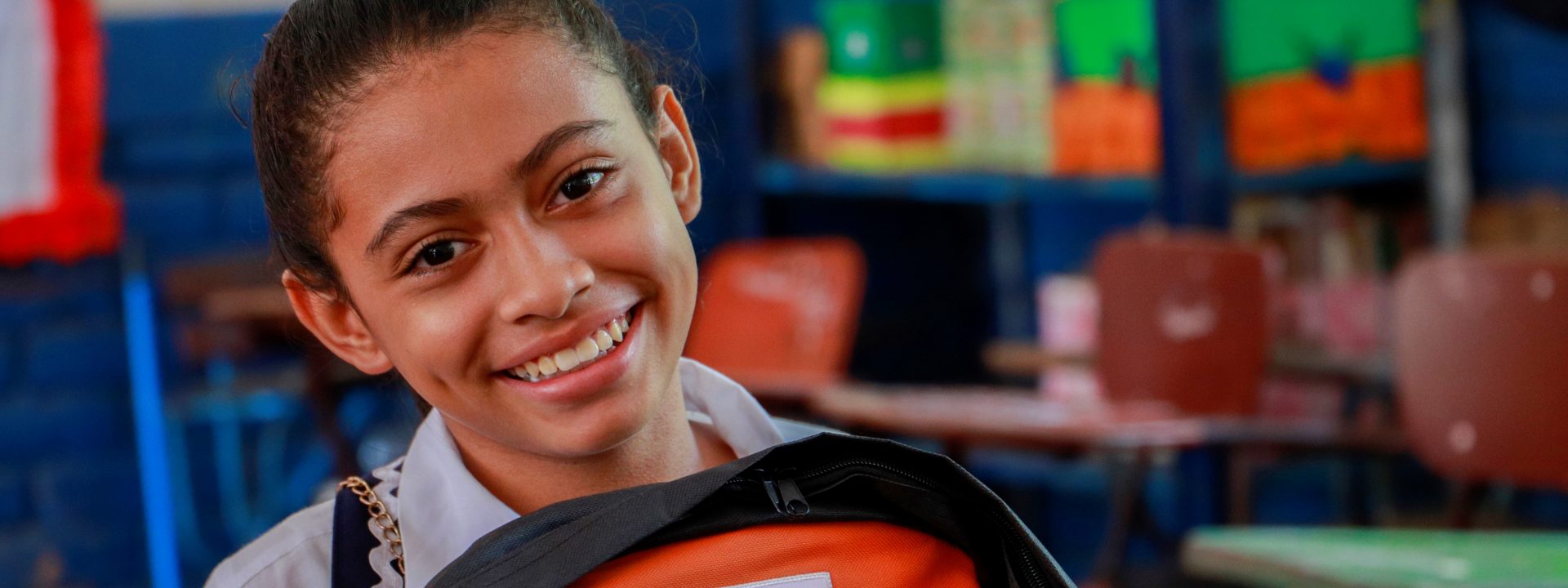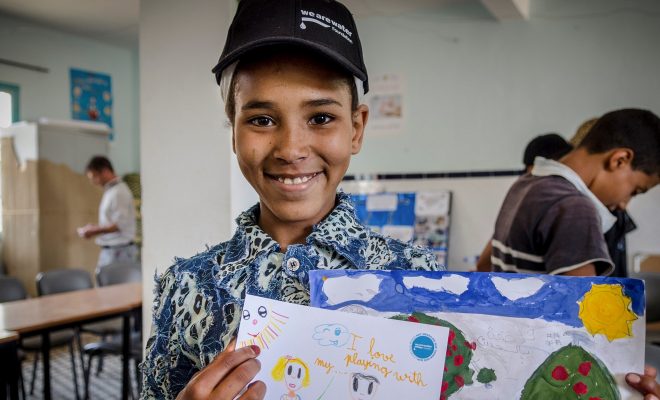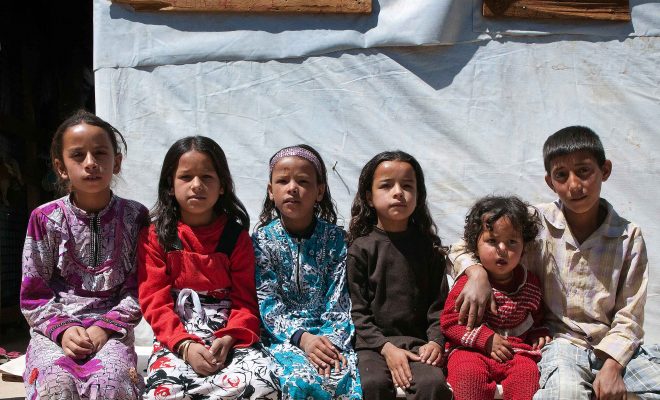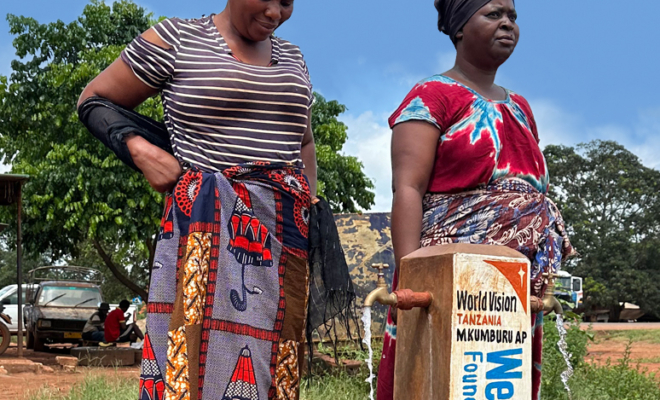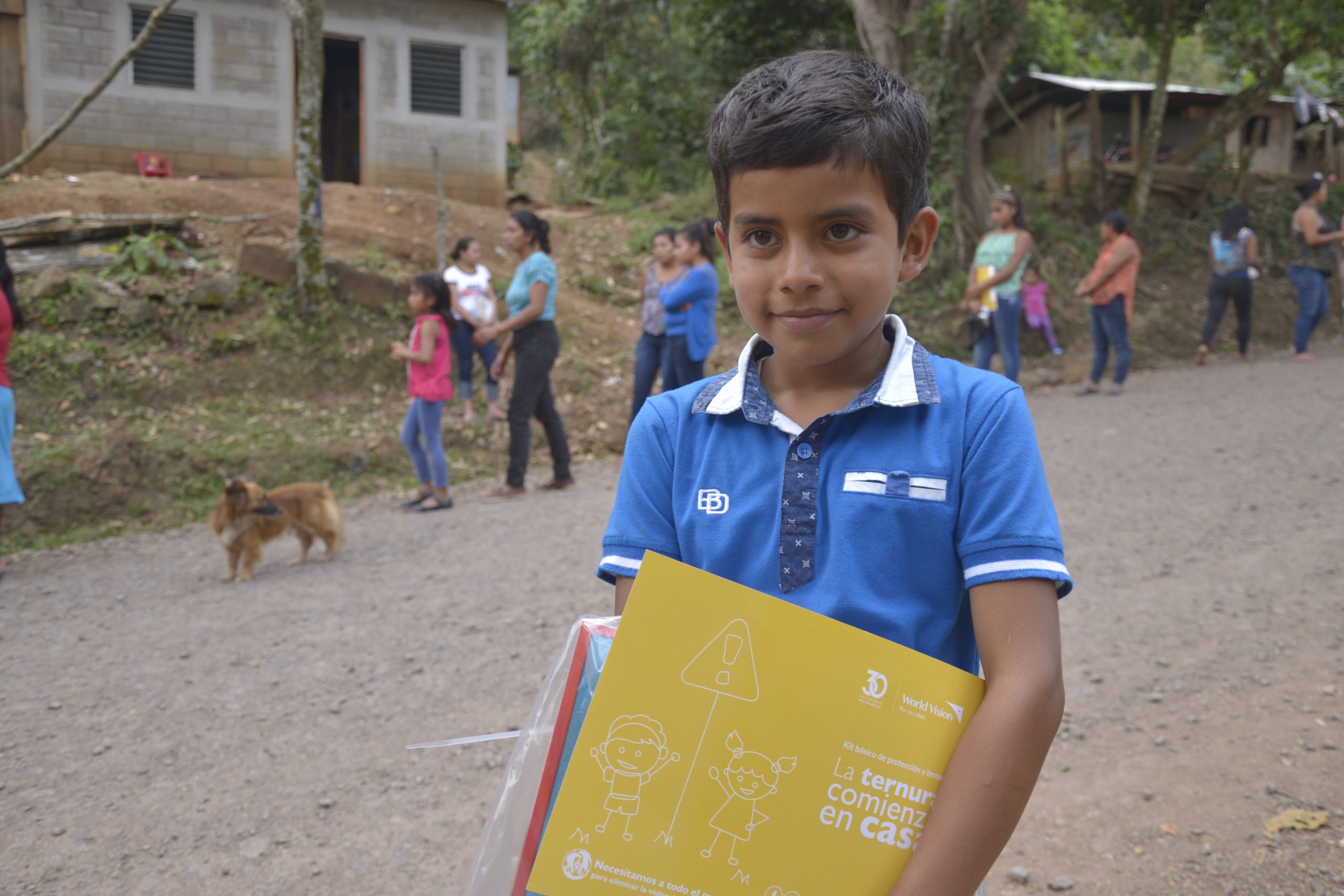
The inequality in Internet coverage throughout the country’s different regions and educational centers of Nicaragua does not guarantee educational continuity. © World Vision
The SARS-CoV-2 pandemic has caused great concern in Nicaragua. Many NGOs, international observers and former health officials have been warning since late March of the lack of reliable data on the evolution of the pandemic, and of significant contradictions between official government announcements and what Nicaraguans are reflecting on social networks. The images of corpses in the streets and of mass influxes into cemeteries with open graves, as well as the appeals by health professionals, give rise to the suspicion that reality is very different from the official version.
This situation has generated mistrust among the Nicaraguan population which, in view of the little information provided by the government, has decided to follow the recommendations of the World Health Organization (WHO) and the Pan American Health Organization (PAHO). This was recommended by the Central American Integration System (SICA) and groups of experts, such as the Multidisciplinary Scientific Committee, made up of health and education professionals a few days after the alarm was raised. These institutions have openly criticized the government’s negligence in its response to the pandemic.
Furthermore, five former Nicaraguan health ministers have denounced in a letter to WHO and PAHO the lack of action and the government’s failure to heed the March 11th appeal when the pandemic was officially declared. They claim that the population has not been truthfully and objectively informed, distorting the data on deaths and infections, and that neither the population nor health personnel have been protected by the necessary measures, such as stopping public activities involving crowds of people.
An unequal education system in an impoverished country
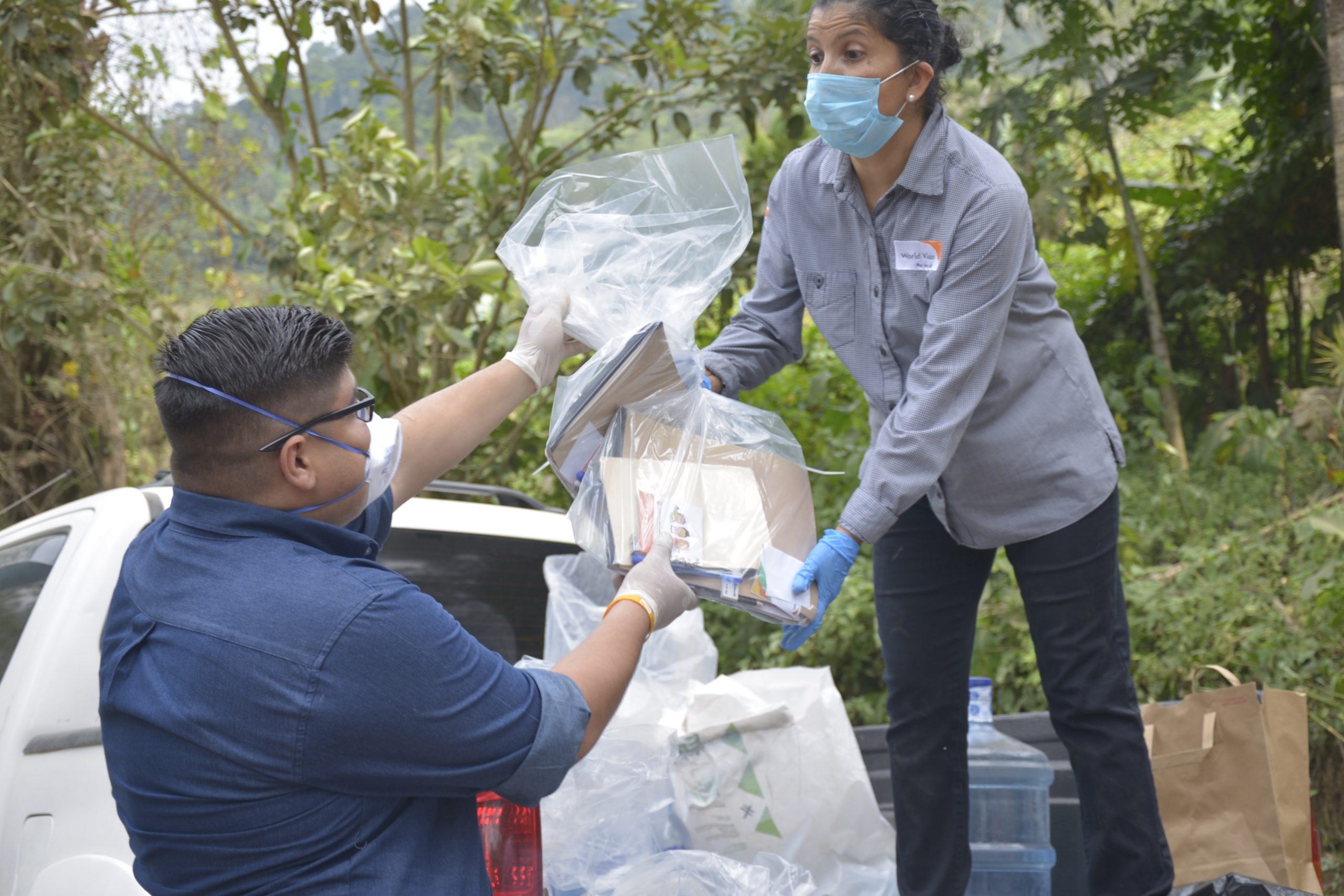
The former ministers, like the Scientific Committee at the end of March, called on the government to close schools and universities immediately. However, the solution of encouraging distance learning online or by other means such asradio or television did not guarantee educational continuity, in view of the inequality in Internet coverage throughout the country’s different regions and educational centers.
Nicaragua is one of the least developed countries in Latin America, where access to basic services such as water and sanitation is a constant challenge. According to the World Bank, the country maintained a good growth rate in 2016 and 2017; however, due to the social and political unrest since April 2018 the economy is shrinking and the forecasts for 2020, even before Covid-19, were not at all optimistic. The outbreak of the pandemic is added to the severe social cost of violence, job losses and the fall in business confidence in all sectors, threatening the efforts made in poverty reduction since 2005.
The precarious situation of the supply of drinking water in some cities and regions throughout the country, based on Aquastat, show that in 2015, while 87 % of the population had access to drinking water, this percentage fell to 70% in rural areas, and that in 2007, 214 out of every 1,000 Nicaraguans were affected by water-borne diseases. This situation, according to previous World Bank reports, has not improved due to political and social instability.
Aid to schools
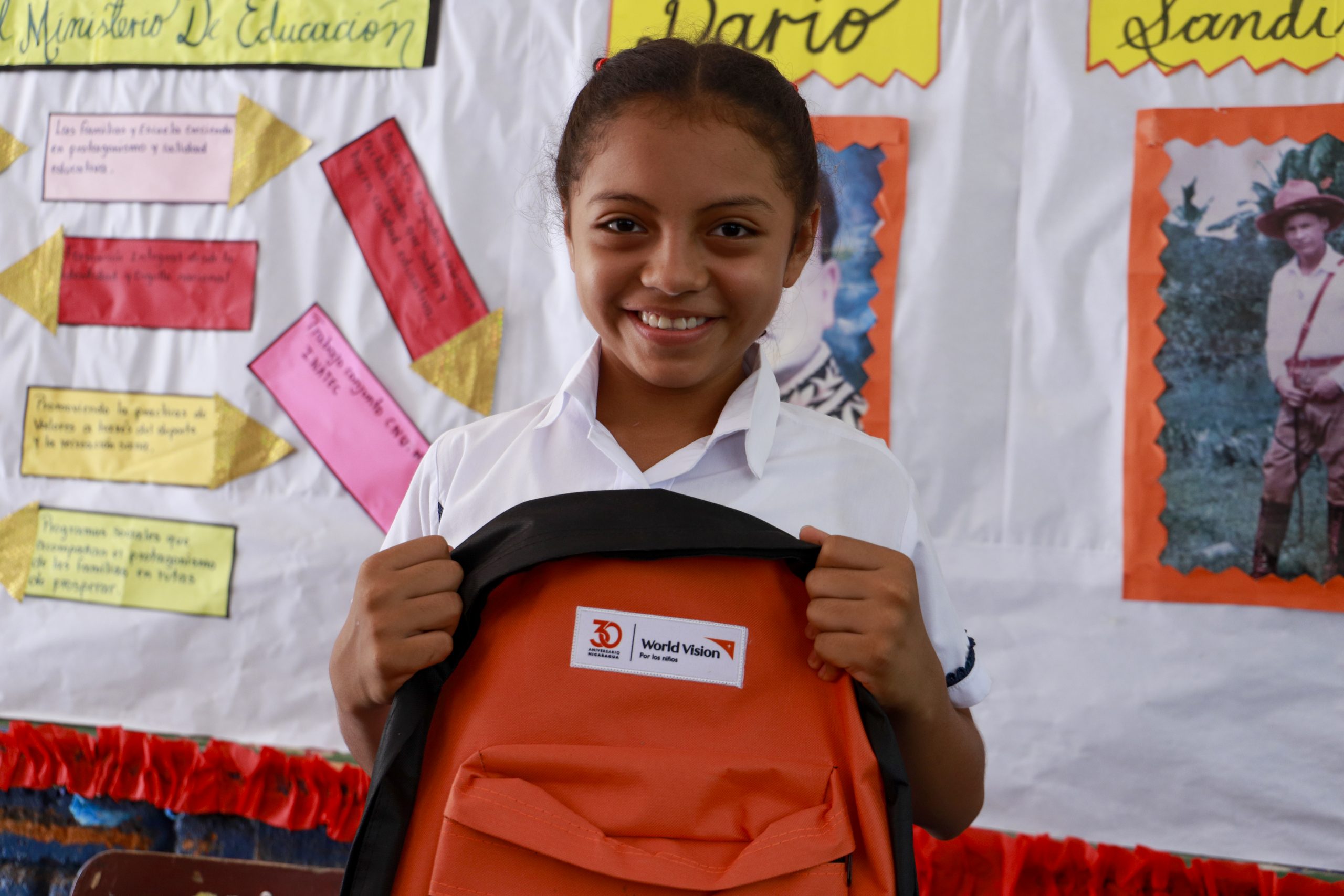
The attainment of SDG 6 is essential for schools, the backbone of any development towards a future worthy of any community, to achieve the necessary resilience to cope with pandemics. © World Vision
This happens in departments such as Jinotega and Boaco, in north-central Nicaragua. In small towns, such as Yalí and San Lorenzo, almost half of the groundwater sources are unable to supply the population, especially during the dry season (November-April), and wells run dry about two years after they are installed.
The Foundation collaborates with World Vision in a project to bring water, sanitation and hygiene training to schools in these towns. These have problems found in many centers throughout the country: they are located at a great distance from the wells and the poor infrastructure of the pipes affects both access to water and its healthiness. Moreover, the drinking and washing facilities in these centers are in a disgraceful condition or do not exist.
590 students in the project’s schools will also have toilets and latrines with the necessary safety for the children’s privacy, an essential factor in reducing the risk of sexual attacks on girls and boys, another scourge of schools in poorer areas. Schools are the backbone of the development of small towns; more than 3,800 people in Yalí and San Lorenzo will benefit from the project.
Another problem is the conditions of the toilets, as these are unsafe for the use by younger students (under 6 years of age). Many of these facilities are also very dilapidated and do not meet safety standards. In this situation, the Covid-19 pandemic is a serious threat.
The attainment of SDG 6, access to water and sanitation, is essential for schools, the backbone of any development towards a future worthy of any community, to achieve the necessary resilience to cope with pandemics. You can collaborate here.


